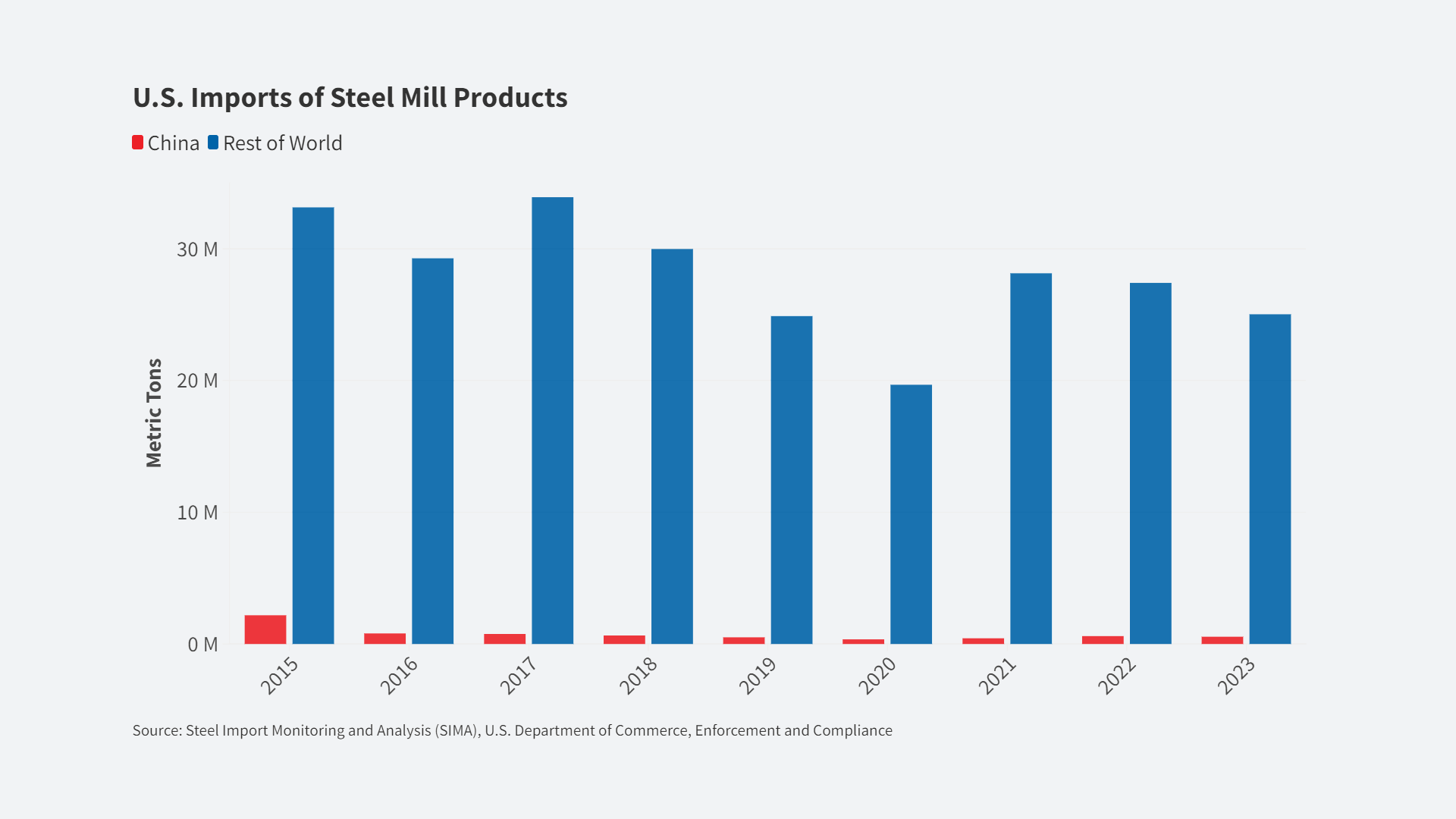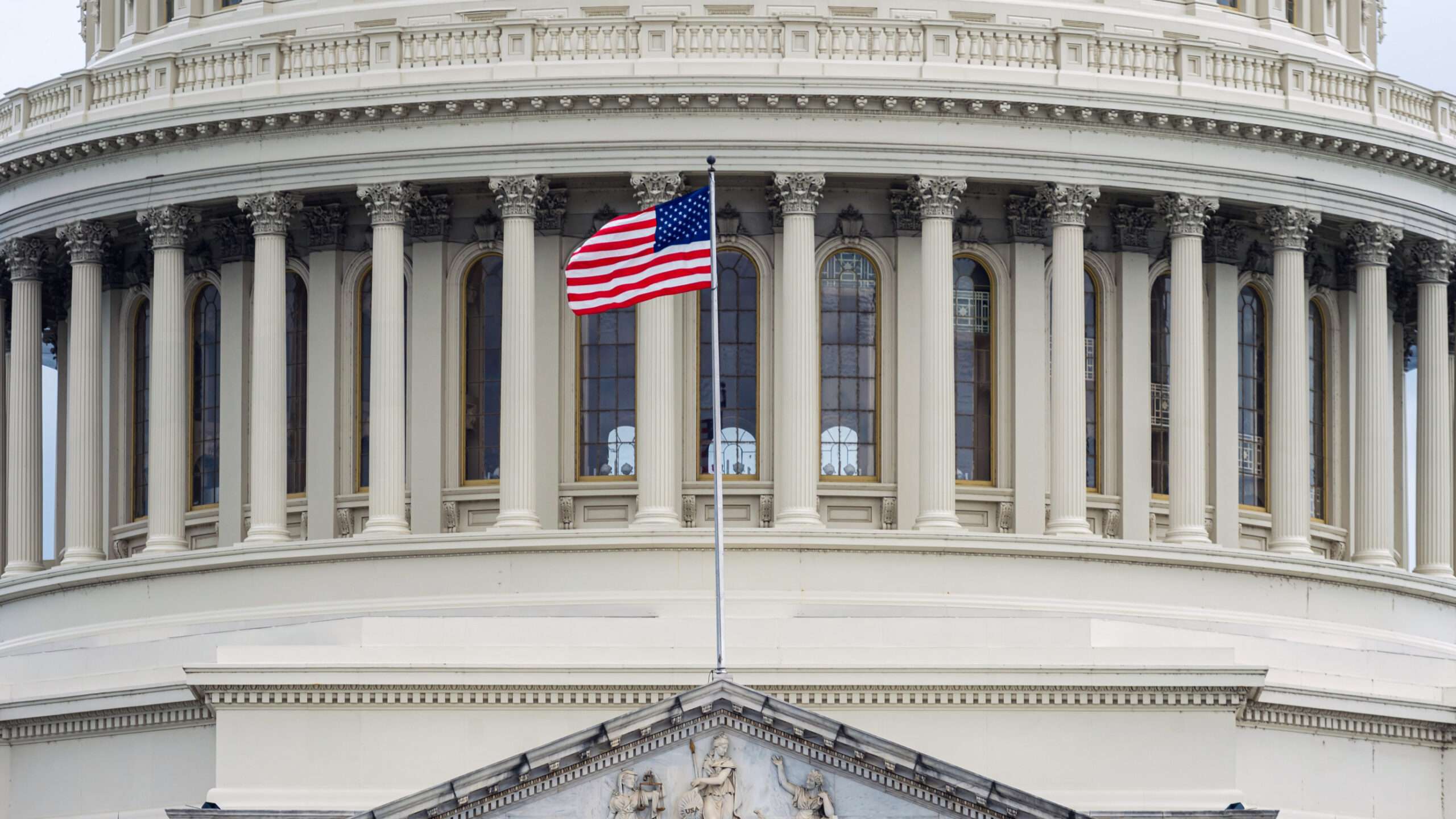
One of the largest farm groups in the United States is stepping up its campaign against the Trans Pacific Partnership.
The 12-country deal seeks to make it cheaper, and easier, to trade throughout the Pacific rim.
[ by Brett Worthington | November 11, 2015 | ABC Rural ]
But the National Farmers’ Union fears currency manipulation threatens to wipe out all the gains the deal might make.
“It’s very obvious after reading through the text that this is another cookie cutter free trade agreement,” NFU senior vice president Chandler Goule said.
The NFU wants US politicians to vote down the Trans Pacific Partnership (TPP) when it goes to the Congress next year.
It fears countries will manipulate, or devalue, their currency, making US products more expensive in foreign markets while capitalising on tariff reductions on offer selling back into the US.
“Without effective currency manipulation recourse in this agreement, we definitely see that that’s going to be an issue moving forward,” Mr Goule said.
“We’re not concerned about that with New Zealand and Australia, but it’s the other countries in the Pacific rim that are involved in this.”
Presidential candidates speak out against the TPP
Republican presidential candidate Donald Trump used this week’s pre-selection debate in Milwaukee to again vent his opposition to the TPP.
“Currency manipulation is the single great weapon people have – they don’t even discuss it in this [TPP] agreement,” he said.
“I say it’s a very bad deal [and] should not be approved.”
The two front runners vying for the Democrat presidential candidacy – Hillary Clinton and Bernie Sanders – have both distanced themselves from the TPP.
Mrs Clinton said, while a vocal supporter of the early TPP talks when she was a cabinet secretary in the Obama administration, she had since changed her stance.
She said the TPP no longer met her “standards”.
Calls for enforceable currency protections
TPP countries, of which China is not one, have agreed on a side deal to combat currency manipulation.
Essentially, they’ve agreed not to manipulate their currencies but opponents say this deal is a toothless tiger.
Mr Goule said his country shouldn’t agree to any further trade deals until enforceable currency provisions were included.
“Time and time again we keep signing free trade agreements with countries and then they devalue their currency,” he said.
“This has got to become a part of the boilerplate language that’s in these trade agreements.
“Let’s call it. We’ve got bad actors out there that are willing to make these agreements and then devalue their currency and you lose all of the gains that were negotiated for US producers.
“To us, that’s too big of a concern and one of the biggest reasons why we oppose the TPP.”
China’s devaluing of its currency prompted other Asian countries to follow suit.
Economists have since said the Yuan was now at a fair level.
Mr Goule said he feared future Chinese adjustments would prompt Vietnam, Malaysia, Japan and South Korea to adjust their currencies.
Farm lobby groups with mixed reactions to the TPP
The National Farmers Union represents 200,000 family farmers, ranchers, fishermen and consumers in the United States.
It’s the second largest, and oldest, general farm organisation in the country.
The country’s largest general farm organisation, the American Farm Bureau, has backed the TPP agreement.
The National Cattlemen’s Beef Association and the National Chicken Council have also publically supported the deal.
But Mr Goule said he feared beef snapback provisions in Japan would also harm US farmers.
“The tariff reduction schedule for Japan, which is one of the largest, markets that they’re trying to get to is over a 30 year time period,” he said.
“It also includes a snapback provision that should the Japanese government determine that their domestic prices are being affected by imports from the United States, they can immediately put the tariffs back on.
“We didn’t get any of those protections from dairy from New Zealand or from sugar from Australia or anything else that the US had to give up.”
Mr Goule said he expected the US Senate would first endorse the TPP, with a battle in the House of Representatives to follow.
“That’s clearly where we are targeting,” he said.
“You’ve got the far-left Democrats and then the freedom caucus – the far right Tea Party Republicans – that don’t like this agreement.
“If they come together I think that’s the only place we will be able to stop this agreement here in our legislative process.”













